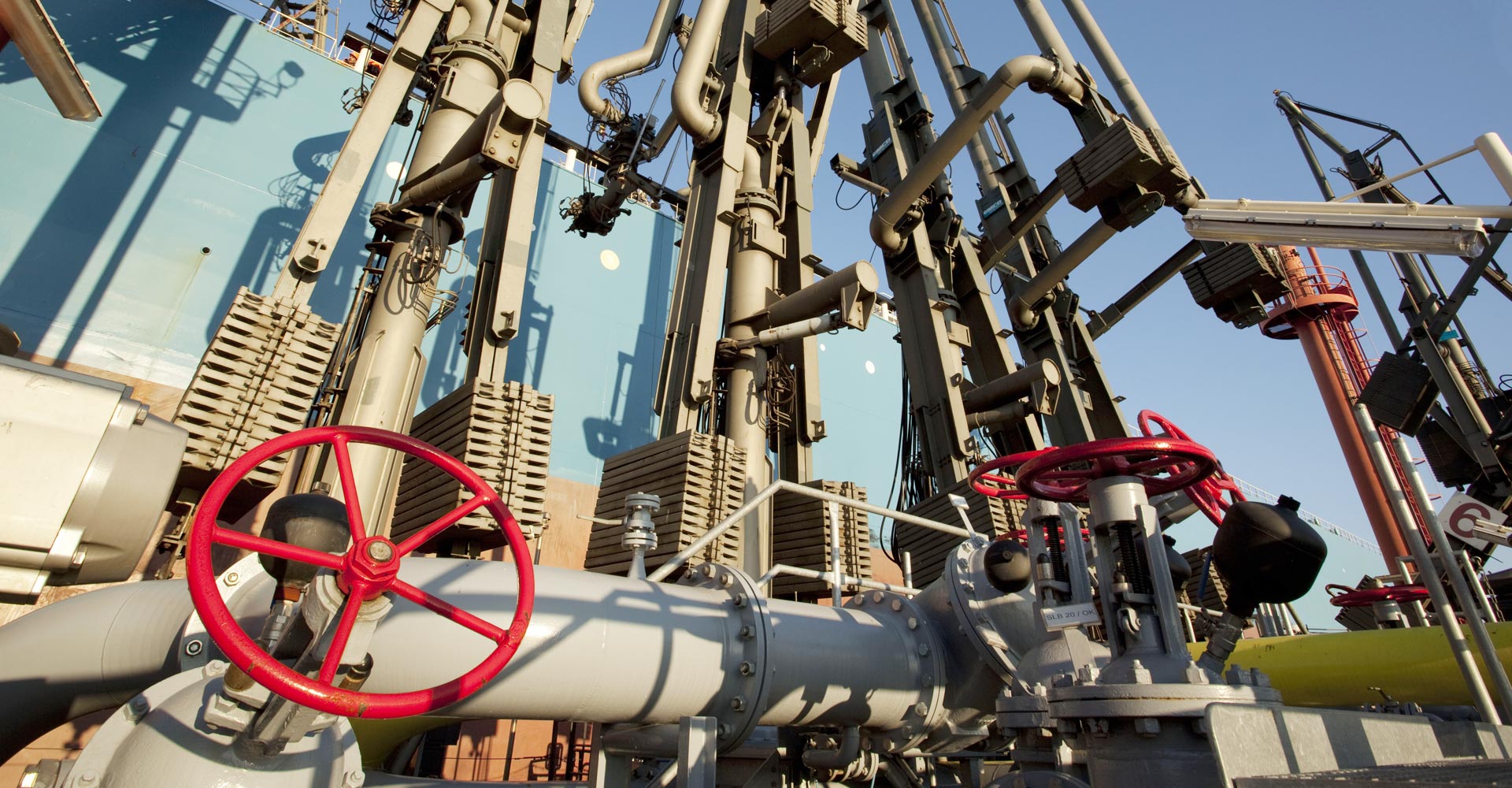Naphtha
The word “naphtha” comes from the Greek and is derived from the Persian word “Naft” (= crude oil). On the one hand, the term is used to describe light crude oils. On the other hand, naphtha is also understood to mean untreated petroleum distillate from the refining of crude oil or natural gas, which has the approximate boiling range of gasoline.
Naphtha is primarily used as a base material for the production of high-grade gasoline by means of the catalytic reforming process. In accordance with DIN EN 228, gasoline mainly consists of various hydrocarbons obtained by distilling crude oil. The fraction of the crude oil with a boiling range between 35°C and 210°C is referred to as naphtha. So gasoline is refined naphtha.
Naphtha is also a valuable feedstock for the petrochemical industry and its most important process, steam cracking. Here, naphtha, ethane, LPG, hydrowax, gasoil or other suitable hydrocarbons are cracked at retention times typically in the 200ms to 500ms range, and at temperatures between 800°C and 850°C in the presence of steam. Pyrolysis is used to produce ethylene and co-products (propylene, butylene, butadiene). Ethylene and propylene are basic substances that are used, among other things, in the production of plastics such as polyethylene and polypropylene. In the chemical industry, naphtha is also used as a solvent for cleaning. The industry uses it as a diluting agent in bitumen extraction. Closer to home, naphtha is also found in medicinal products and as a shoe polish additive, for example.
Naphtha is the technical term for petroleum fractions that are rich in cycloalkanes (ring-shaped, saturated hydrocarbons). This colorless (with kerosene smell) or red-brown liquid (with an aromatics odor) intermediate product lies between the light gases of crude oil and the heavier, liquid kerosene and is insoluble in water. A differentiation is made between light (less dense) and heavy (fairly dense) naphtha. Light naphtha boils at between 35°C and 130°C and has a higher paraffin content than heavy naphtha, which boils between 130°C and 210°C and contains a lot of naphthenes and aromatics. Compared to heavy naphtha, which is often further refined, light naphtha is the least processed product of a refinery.
Naphtha is extremely volatile and highly flammable. It is also classified as carcinogenic. Products sold as naphtha may contain added impurities, which may have harmful properties of their own.
Oiltanking and its tank terminals provide comprehensive logistics solutions for the storage and handling of petroleum products, chemicals, gases and other products.
Status: December 2015
All information subject to change. Errors and omissions excepted.

